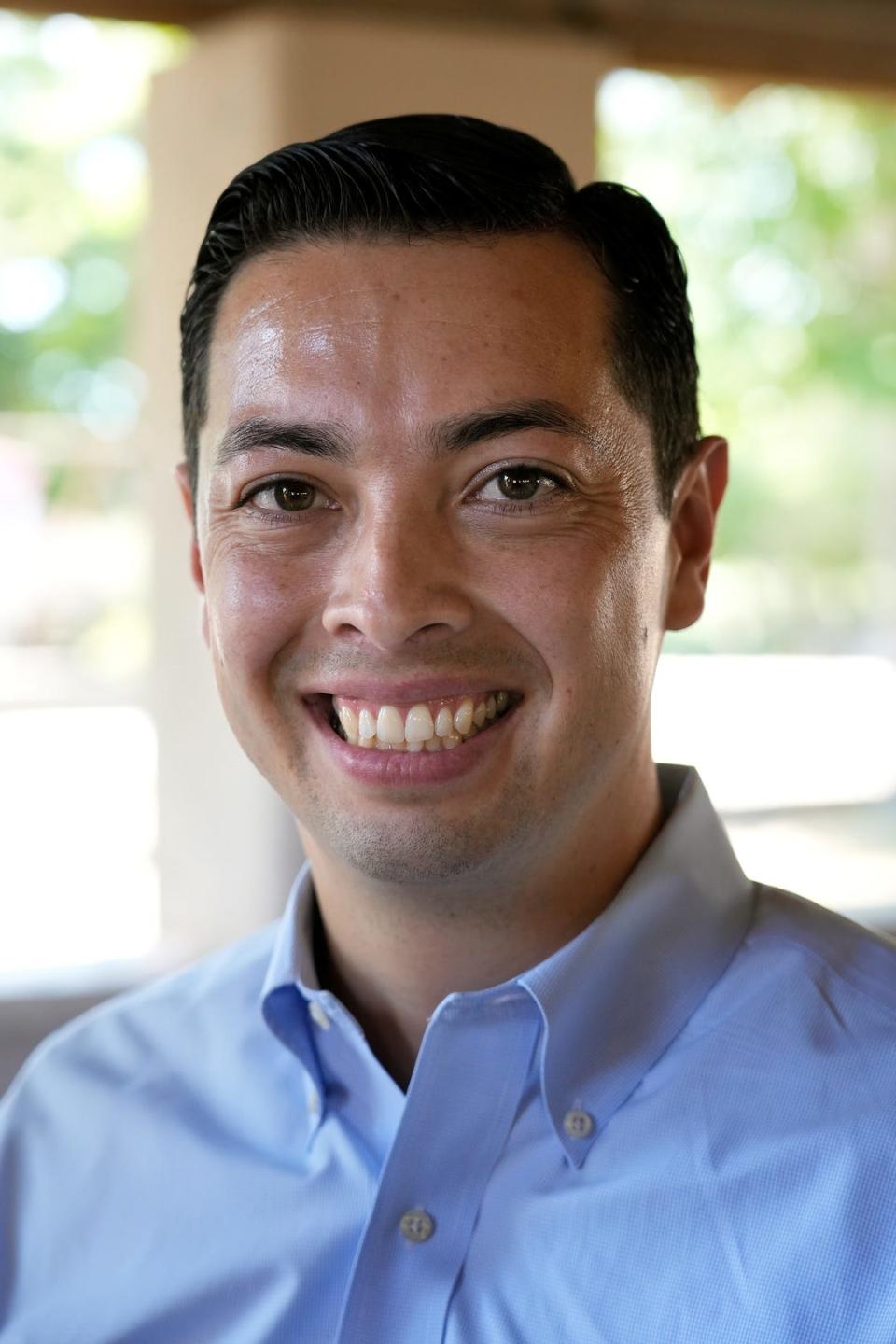State panel will look at pensions, but retirees worry they are all 'high-income financial types'
PROVIDENCE – A newly launched study of the consequences of the pension overhaul championed by then-Treasurer Gina Raimondo began Thursday with retirees – already angry over what they lost – also seething over the choice of location to talk about their troubles: the Rhode Island State House.
But once it got rolling, the new 10-member panel delved deep into why R.I.'s Democrat dominated legislature felt compelled in 2011 to raise age-and-work thresholds for a pension - and suspend COLAs - before the required taxpayer contribution - already spiraling upward - hit a projected 44.7% of payroll.
The meeting began with a graphic look at how much taxpayers contributed to R.I.'s public employees pension fund over the last 12 years ($3.4 billion) versus how much they would have been required to contribute without the 2011 cutbacks ($6.3 billion).
That slide set the stage for the discussion to come, with panel member Patrick Crowley, the secretary-treasurer of the RI. AFL-CIO, questioning if a reduction of that magnitude would have been necessary if state lawmakers had not revamped the state income tax in ways that benefited R.I.'s richest taxpayers the most.
"In your assessment, how would those tax cuts for the rich [have] impacted the decision-making on the pension changes?" Crowley asked the state's actuary, Joseph Newton, of Gabriel Roeder & Smith.
Newton's answer: "Not only am I not an expert in that, I don't think I [was not] privy to that decision-making."
The discussion wove in-and-out of what-ifs, what has happened in the years since and how the big bond ratings agencies currently view Rhode Island's reduced - but still significant - "unfunded liability" to current and future retirees.
In a war of wills before the new Pension Advisory Working Group met for the first time, the informal leaders of the retiree group seeking reinstatement of their annual cost-of-living adjustments – aka COLAs – asked for a "more accessible location" with more convenient parking for mobility-challenged older people.
One suggested alternative: the main building on the Warwick campus of the Community College of Rhode Island.
"Shamefully, Treasurer [James] Diossa has refused to change the location of the meeting of his 'Advisory Working Group,'" the state's retired labor relations administrator and outspoken pensioner John Breguet wrote in a letter to the editor to The Journal, echoing the sentiments of other retirees who wrote to the paper.
"Many elderly retirees have difficulty traveling to Providence, particularly when the dearth of parking near the State House means a long walk," he wrote. "Clearly Mr. Diossa does not care that elderly retirees have difficulty walking."

When asked last week about the retirees' demands and concerns, Diossa spokeswoman Michelle Morena-Silva responded:
"The State House is accessible ... Capitol TV will broadcast the sessions ... There are six meetings. There will be an opportunity for public comment at certain meetings, and we have launched a testimony portal on our website. https://treasury.ri.gov/."
Group is all 'high-income financial types'
That was Breguet's most immediate, but not overriding concern.
His larger objection is to the makeup of the group Diossa assembled in response to a directive from the General Assembly to evaluate the impact of the 2011 pension cuts more than a decade later.
"The persons on this panel are all high-income financial types who deal with issues from the management point of view," Breguet wrote, without taking into account the seats given to state AFL-CIO President George Nee, his heir-apparent, Crowley, and John Maguire, a retired North Providence high school teacher, who holds a seat reserved for an "active teacher representative" on the state retirement board.
"Although well-qualified retirees volunteered to be on this panel, the only member who is a former state employee" – former Auditor General Ernest Almonte, the current head of the Rhode Island League of Cities and Towns – "is also a management person."
Breguet's fear: "This panel will only look at the fiscal performance of the state retirement fund ... No member on that panel can relate to the devastating financial struggles that individual retirees have had, and continue to have, with their reduced pensions."
State retirees want the reinstatement of their COLAs
The central issue for the retirees: the suspension of COLAs in the pensions of tens of thousands of retired public school teachers and government employees.
The retirees say the study group needs to look at the impact of losing COLAs on retirees' standard of living and buying power after more than a decade of inflation, especially on those without Social Security.
The first question the new study group needs to answer: can Rhode Island taxpayers afford to reinstate the COLAs that retired state employees received annually before the massive cost-cutting pension overhaul of 2011? Before that, many of them were getting as much as 3% compounded increases added to their pensions each year.
The retirees have gotten much smaller, periodic increases since then.
In the five years leading up to the 2011 pension overhaul, the COLAs’ price tag jumped from $62.9 million to $104 million for retired teachers. For retired state workers, it went from $43.6 million to $64.6 million, according to the state's pension consultant.
Aside from the union and employee representatives - and Almonte the 10-member advisory group includes: Department of Administration Director Jonathan Womer and former administration director Michael DiBiase, who currently heads the Rhode Island's Public Expenditure Council; and Edinaldo Tebaldi, a professor of mathematics and economics at Bryant University
And from outside of the insider world of the Rhode Island State House: Eric Atwater – partner, Aon PLC; Thomas Huestis – senior managing director at Public Resources Advisory Group; Alicia Munnell – director of Boston College’s Center for Retirement Research and/or her designee, Laura Quinby, a senior research economist at the center.
This article originally appeared on The Providence Journal: RI pension reform gets another look, but are COLAs possible?

